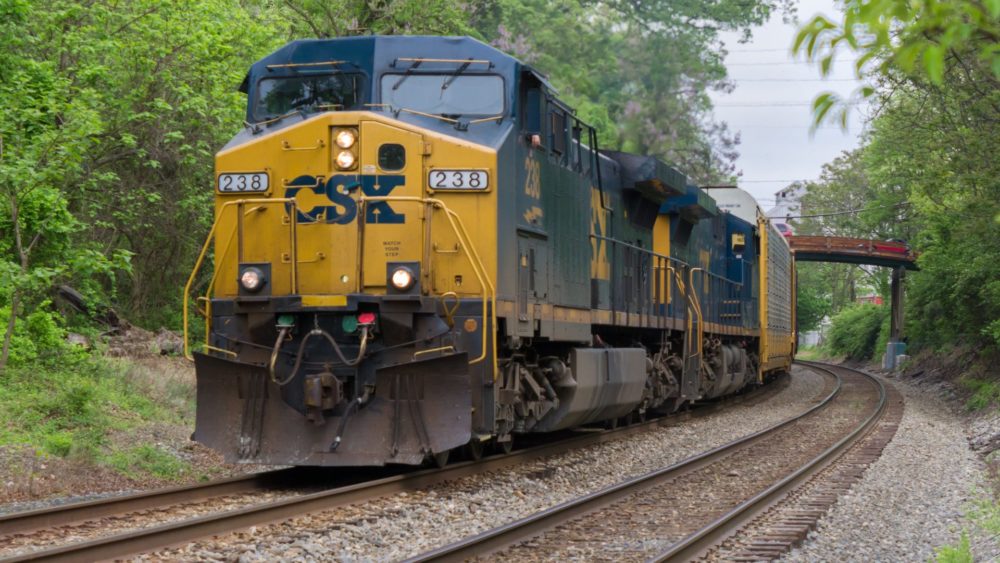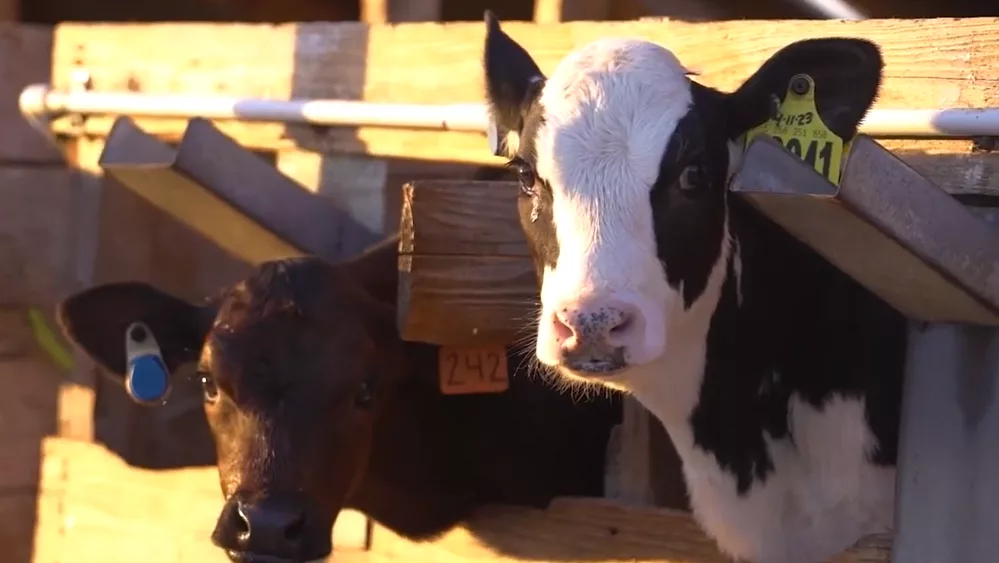Canada’s two major railways shut down Thursday in a contract dispute with their union, forcing a halt to cross-border shipments and posing a significant threat to U.S. farmers, but the shutdown will be short-lived.
Canada’s biggest railways locked out 9,300 workers after the lines and Teamsters Canada failed to meet a Thursday contract deadline, putting in jeopardy billions in U.S. farm exports. Canadian Prime Minister Justin Trudeau’s government initially refused to intervene, but the Associated Press is now reporting that they have ordered the parties into binding arbitration.
“Corn, barley, oats, things like that, a lot of those products move on rail into Canada,” says American Farm Bureau economist Danny Munch. “So, just for context, Canada was the fifth-largest destination for cereal grains, receiving 1.1 billion dollars in U.S. exports.”
Munch says the strike and lockout at Canadian Pacific Kansas City Railway would have crippled shipments of food grains, beans, potash, coal, and timber from Canada and farm and energy imports from the U.S.
“Canada is the fourth-largest destination for soybean meal and rice and the fifth-largest destination for corn. When you talk about ethanol and barley, they’re number one. So, 44 percent of our ethanol, 76 percent of our barley exports go to Canada.”
Canada is a critical source of fertilizers for US farmers. Truckers carry most goods across the border, but $100 billion a year goes by rail, and $28 billion in U.S. farm exports by rail and truck. Some of it is later exported globally.
Source: NAFB News Service and the Associated Press





